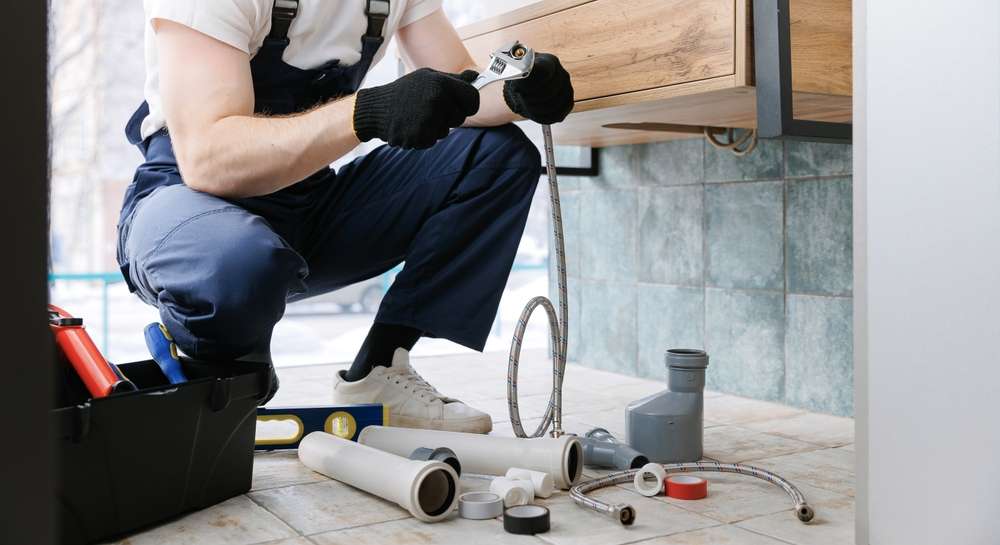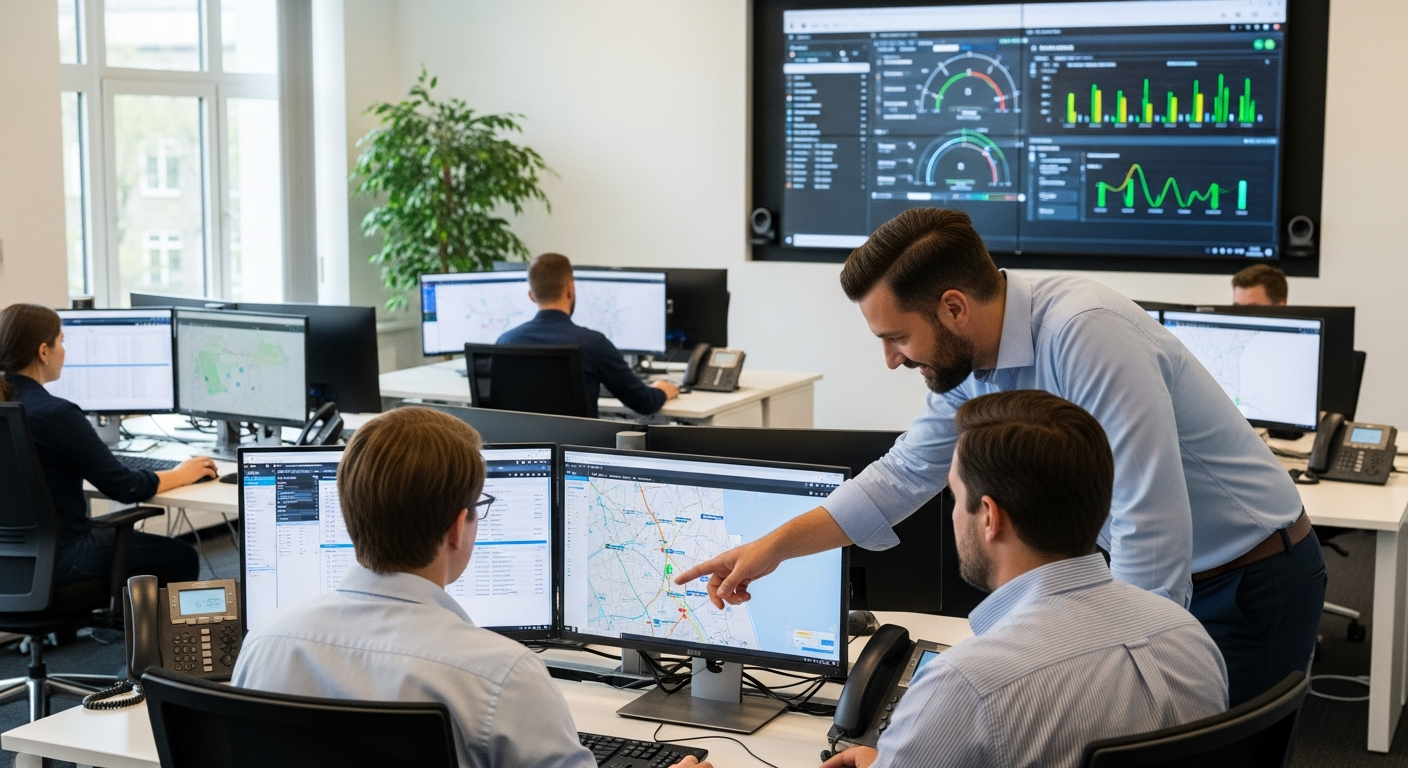Plumbing Opportunities: Roles, Tasks, and Positions
The plumbing industry offers diverse and reliable career paths with steady demand across residential, commercial, and industrial sectors. As essential service providers, plumbers enjoy job security even during economic downturns. Modern plumbing careers extend beyond traditional repair work to include specialized roles in green plumbing technology, system design, and project management. Whether you're considering an apprenticeship or advancing in the field, understanding the various roles and responsibilities can help you chart a successful career path in this hands-on profession.

How to Get Started in Plumbing Roles
Breaking into the plumbing industry follows a structured path that combines education and hands-on experience. Most careers begin with a high school diploma or equivalent, followed by specialized training. Vocational schools and community colleges offer plumbing programs that typically take 6-24 months to complete, covering fundamentals like pipe system design, fixture installation, and building codes.
The apprenticeship phase represents the most critical stage for aspiring plumbers. These programs typically last 4-5 years and combine paid on-the-job training with classroom instruction. Working alongside experienced professionals, apprentices gradually take on more complex tasks while earning approximately 50-60% of a journeyman plumber’s wage, with increases as skills develop.
After completing an apprenticeship, candidates must obtain licensing, which varies by state but generally involves passing an exam covering local codes, technical knowledge, and practical applications. Many successful plumbers also pursue certifications in specialized areas like medical gas systems, backflow prevention, or green plumbing technologies to enhance career prospects and earning potential.
Key Skills and Experience for Plumbing Positions
Success in plumbing requires both technical abilities and interpersonal skills. Technical proficiency includes understanding various piping materials, reading blueprints, and troubleshooting complex systems. Manual dexterity and physical stamina are essential, as plumbers often work in tight spaces and handle heavy equipment. Problem-solving skills prove critical when diagnosing issues that aren’t immediately apparent, often requiring creative thinking and knowledge of multiple building systems.
Mathematical ability represents another fundamental requirement, as plumbers regularly calculate measurements, angles, and material requirements. Precision matters significantly—errors can lead to leaks, system failures, or code violations. Additionally, familiarity with technology has become increasingly important as the field incorporates digital tools for diagnostics, design, and system management.
On the interpersonal side, communication skills prove invaluable. Plumbers must explain complex problems and solutions to clients, collaborate with other construction professionals, and sometimes manage customer service aspects of the business. Business acumen becomes particularly important for those aiming to become independent contractors or open their own plumbing businesses, requiring understanding of estimates, invoicing, and local regulations.
Typical Responsibilities in Plumbing Opportunities
Day-to-day responsibilities vary widely depending on specialization and employment setting. Residential plumbers focus on installation and repair of household fixtures like toilets, sinks, water heaters, and drainage systems. They respond to emergencies like burst pipes or major leaks and perform routine maintenance to prevent future problems. Commercial plumbers work on larger-scale systems in office buildings, restaurants, and retail spaces, often dealing with more complex water supply, waste removal, and specialized systems like grease traps or industrial drainage.
Industrial plumbers face unique challenges working with high-capacity systems, specialized materials, and equipment that must meet strict regulatory requirements. Their responsibilities often include maintaining systems that transport chemicals, gases, or other substances beyond water. Construction plumbers collaborate with other trades to install complete plumbing systems in new buildings, following architectural plans and ensuring compliance with building codes.
Many experienced plumbers advance to supervisory roles, managing teams of apprentices and journeymen on large projects. Project managers coordinate schedules, materials, and client expectations while ensuring code compliance. Some plumbers specialize in inspection, working for government agencies or insurance companies to verify that systems meet safety and regulatory standards.
Plumbing Career Advancement and Specializations
Career progression in plumbing typically follows a clear trajectory. After completing apprenticeship and becoming a licensed journeyman plumber, professionals can pursue master plumber status with additional experience and examination. Master plumbers can oversee complex projects, sign permits, and often command significantly higher wages. Many choose to specialize in areas like:
-
Green plumbing and water conservation systems
-
Fire sprinkler installation and maintenance
-
Backflow prevention and testing
-
Medical gas systems for healthcare facilities
-
Hydronic heating systems
-
Plumbing system design and engineering
Entrepreneurial plumbers often establish their own businesses after gaining sufficient experience. This path offers greater income potential but requires additional skills in business management, marketing, and customer relations. Others may transition to roles in sales, representing manufacturers of plumbing equipment, or move into training positions at technical schools and apprenticeship programs.
Plumbing Salary and Employment Outlook
The plumbing profession offers competitive compensation that varies based on experience level, location, specialization, and employment setting. According to industry data, the financial outlook for plumbing careers remains consistently strong compared to many other trades.
| Position Level | Average Annual Salary | Experience Required | Additional Notes |
|---|---|---|---|
| Apprentice | $30,000-$40,000 | Entry-level | Increases annually with experience |
| Journeyman Plumber | $45,000-$65,000 | 4-5 years | Fully licensed with independent work capacity |
| Master Plumber | $70,000-$90,000 | 7+ years | Advanced licensing with supervisory authority |
| Plumbing Contractor | $80,000-$120,000+ | 10+ years | Business ownership with multiple employees |
Prices, rates, or cost estimates mentioned in this article are based on the latest available information but may change over time. Independent research is advised before making financial decisions.
The employment outlook for plumbing professionals remains exceptionally positive, with projected growth exceeding many other occupational categories. Factors driving this demand include aging infrastructure requiring replacement, new construction projects, and increased emphasis on water efficiency and sustainable systems. The retirement of experienced plumbers from the Baby Boomer generation has also created significant opportunities for new entrants to the field, with many areas reporting shortages of qualified professionals.
Challenges and Rewards of Plumbing Careers
While offering substantial benefits, plumbing careers come with particular challenges. The work can be physically demanding, sometimes requiring awkward positions in confined spaces. Emergency calls may disrupt personal schedules, particularly for residential service plumbers. Weather conditions can impact outdoor installation work, and some environments present exposure to contaminants that require proper safety precautions.
Despite these challenges, many plumbers report high job satisfaction stemming from problem-solving, visible results, and the essential nature of their work. Few professions offer the combination of stable employment, competitive wages without extensive academic requirements, and the potential for business ownership. The satisfaction of restoring functioning systems and helping people during emergencies adds meaningful purpose to the technical aspects of the profession.




